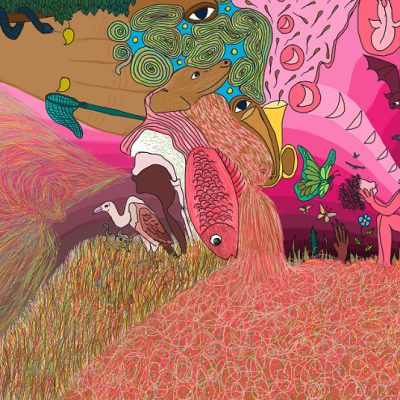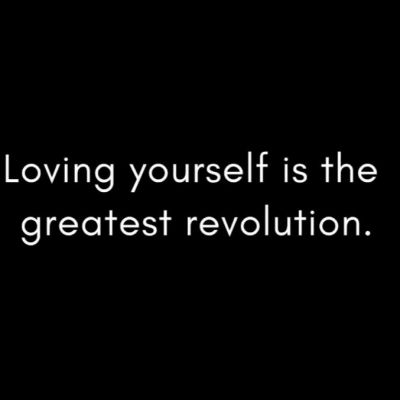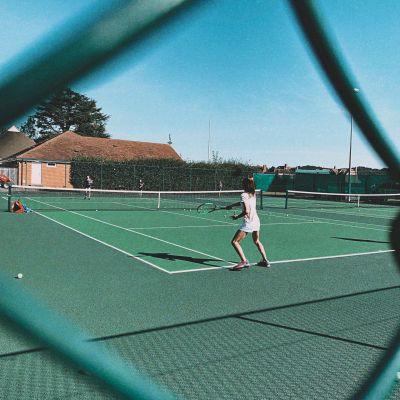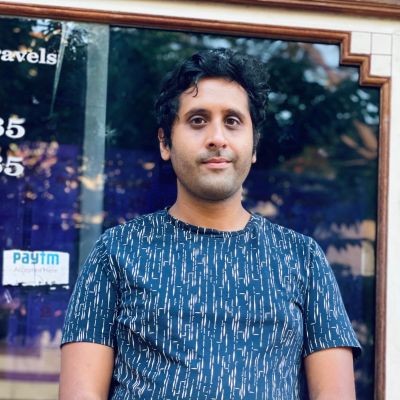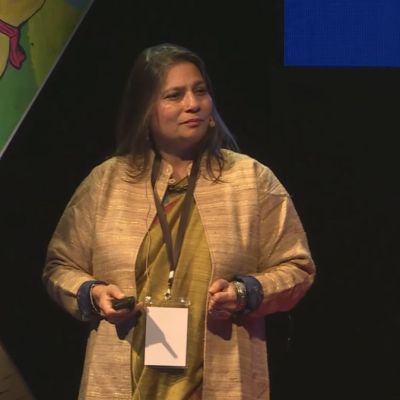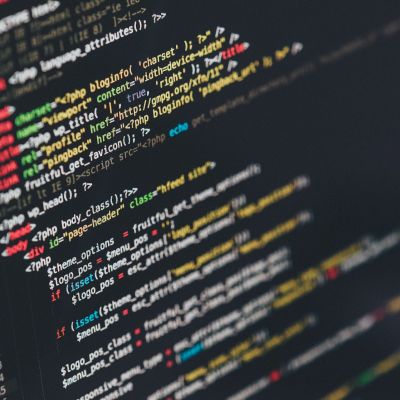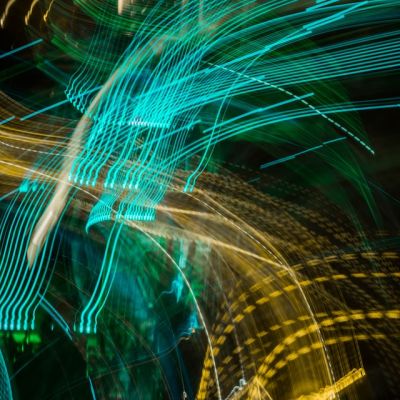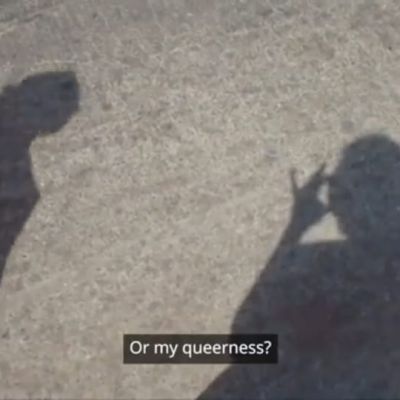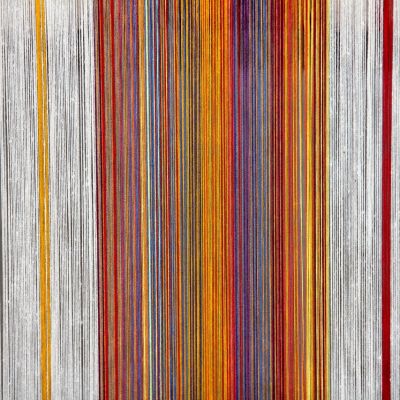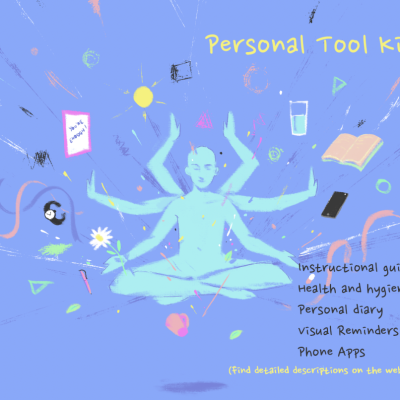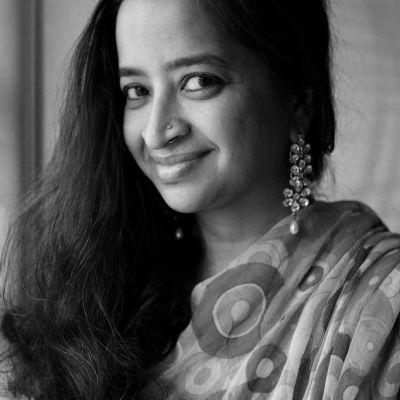identity
Body is born, as a collection of many parts, into the various collections of bodies. Different combinations or collections are projected onto various historical, spatial and temporal dimensions, out of our needs, desires and capabilities.
For transgender persons the body is a very critical juncture where a lot of trans politics happens, given the fact that a lot of our identities in terms of gender do not match how we see our bodies.
I tell them to laugh freely but question as much too. This gives them a sense of sheer relief to be able to ask, talk, question, because, even if it is ‘really bad’, after all, it’s being said in ‘lightness, is it not?
I discovered that tennis is not only about having the privilege to buy a racquet and specialised tennis shoes and access a tennis court. It is also about how one performs and expresses oneself, requiring players to follow a particular aesthetic that enforces gender binaries.
So I am realising now that for me the space of borderlessness applies to everything. It applies to the physical and topographical border as it does to the borders we create between gender and their expressions. I think I would like to argue for a truly borderless understanding of the world.
Drag is more than a form of entertainment or art form or a form of comedic release, it’s the realization of the fun of being queer or having a queer perspective.
If the workplace looked anything like our world, it would have 50% men and 50% women, 7% would have a college degree, 55% would have access to the internet, and only 70% would have access to a smartphone.
We had gathered to [discuss] digital self-determination for people with disabilities… focusing on its core component: the self. How can I be myself in digital spaces? What gives me more of a sense of self in these spaces? How can design, technology and policy contribute to helping me determine myself in digital spaces?
We are two boys in our early twenties
who can read touch like that, who have broken into
a 200-year-old mansion, without permission,
to see from above where people like them go
after 377 has been read down only for those
who can stay behind closed doors — in the custody
of cheap hotels, or houses that welcome nights
with the sound of latches closing.
Who is this that works my hand?
Who is this that moves my pen?
Touch is a beetle creeping on this foreign thing
That wears my body like an evening.
Which Came First is a film about identity, desires, queerness–it captures the essence of self-discovery.
Coupledom may or may not be for everyone, and does not mean the same thing to everyone. Importantly, coupledom does not hold the same value or position in our lives, even in the lives of the individuals perceived to be parts of a couple structure.
In a country like India where both mental health and non-binary identities are topics that are neglected despite being essential parts of an individual’s identity, it can be quite challenging to navigate through issues regarding the same. Accessibility to affordable and quality mental health services is a serious difficulty that the queer Indian population faces.
I was watching something recently that said it was a bad thing to be vulnerable, but I don’t think it is a bad thing. I do see that there is a certain amount of power in vulnerability, it also needs courage, in my experience.
I felt naked in front of everyone when I first came out, and I can’t stress enough how much my male privilege has helped me out here. I don’t even know if people found it serious enough to consider it my identity instead of ‘a mere sexual preference’ or ‘a phase’ (always a classic dismissal).

